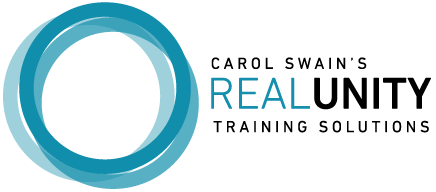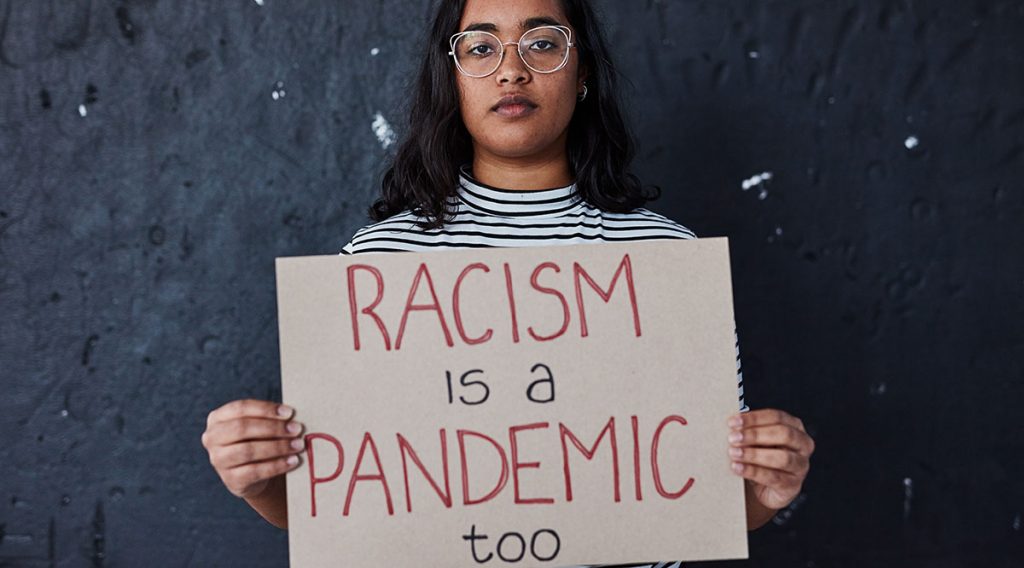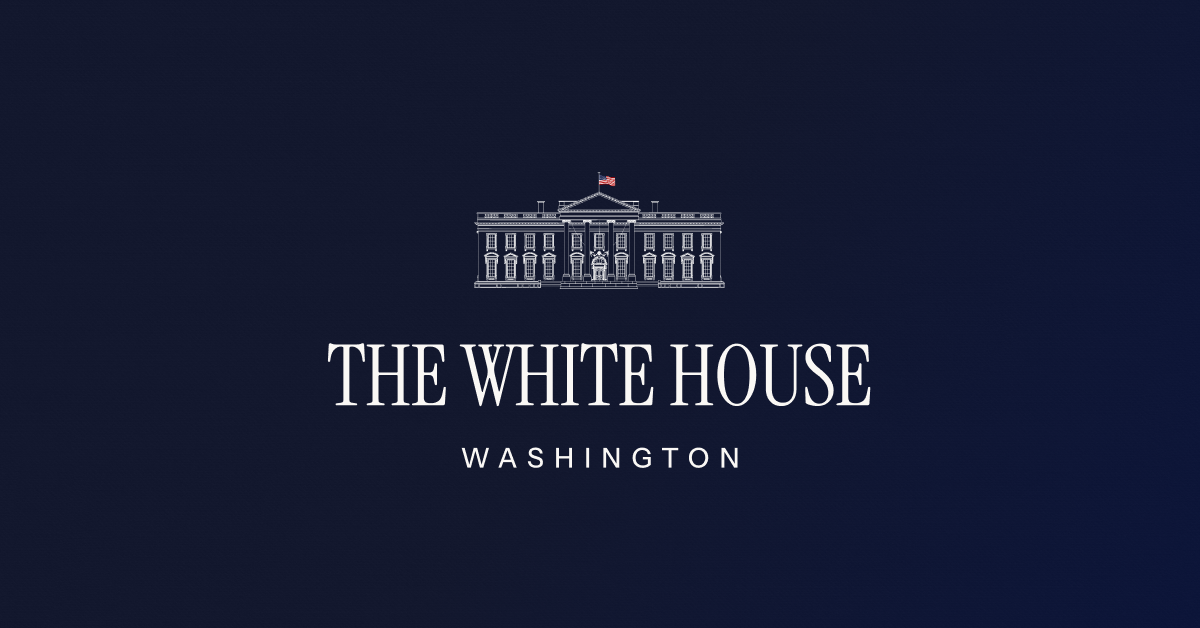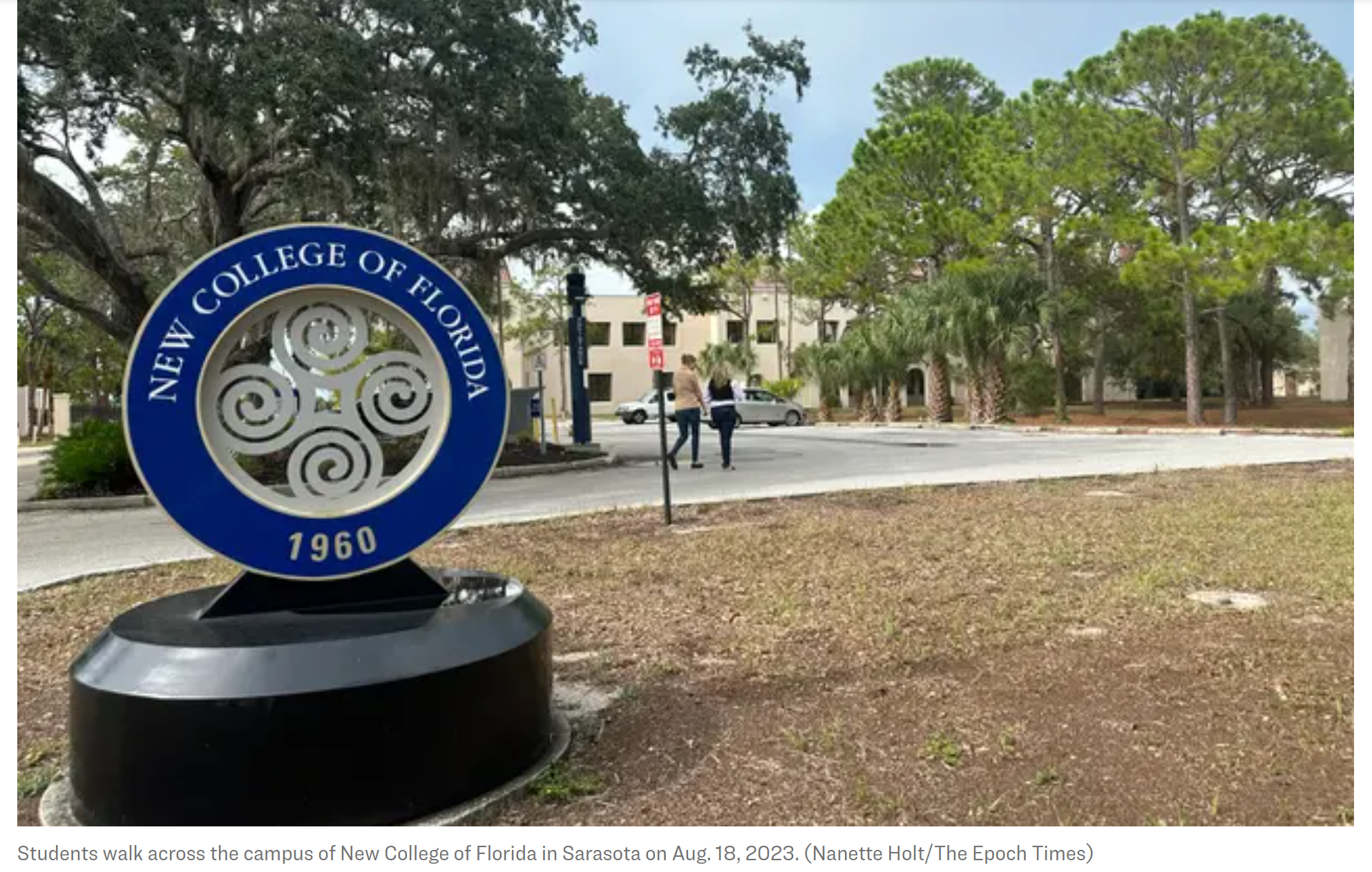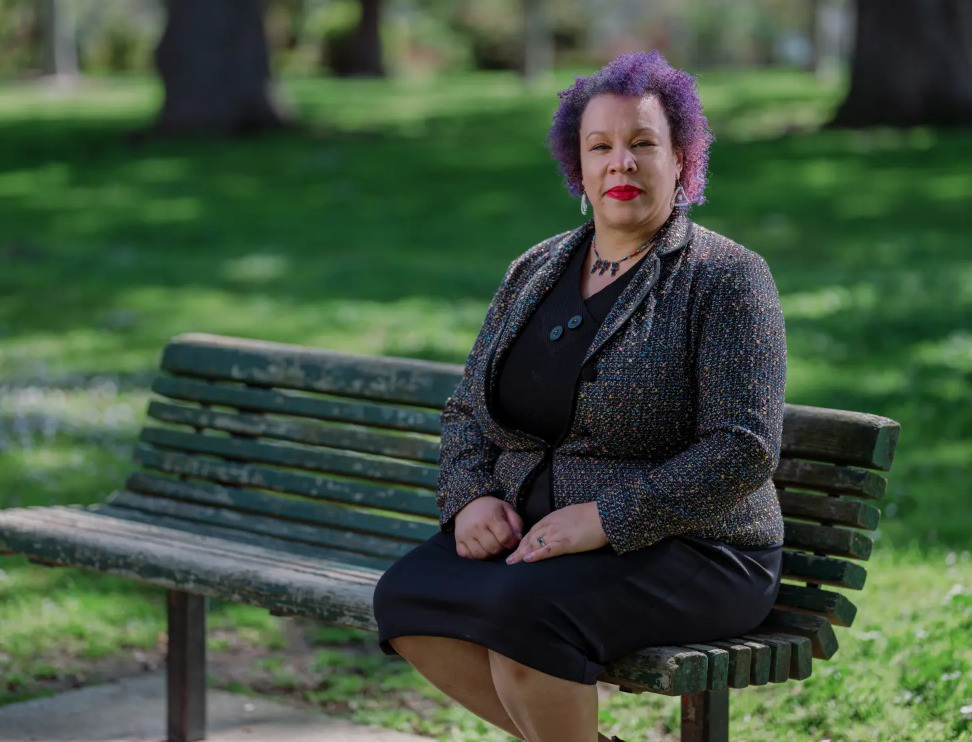Experts say workshop violated multiple civil rights laws
New York University hosted a whites-only “anti-racism” workshop for public school parents in New York City, barring minorities from a five-months-long seminar that legal experts say was a brazen violation of civil rights law.
The all-white seminar, “From Integration to Anti-Racism,” cost $360 to attend and met six times between February and June, according to a description of the program that has since been scrubbed from the university’s website without explanation. Organized by NYU’s Steinhardt School of Education, the workshop was “designed specifically for white public school parents” committed to “becoming anti-racist” and building “multiracial parent communities.”
But to promote solidarity with all races, participants were told, it was necessary that the seminar include only one.
A few days before the first session, facilitators circulated a short handout, “Why a White Space,” to explain “why we are meeting as white folks for these six months.” The handout, produced by the nonprofit Alliance of White Anti-Racists Everywhere, argued that white people need spaces where they can “unlearn racism” without subjecting minorities to “undue trauma or pain.”
Facilitators reiterated this argument on day one of the seminar, audio and video of which was obtained by the Washington Free Beacon. When a parent questioned the premise of the workshop—saying it seemed “a little counterintuitive” to exclude minorities from an anti-racism seminar—Barbara Gross, the associate director of Steinhardt’s Education Justice Research group, assured her that it was for their own good.
“People of color are dealing with racism all the time,” Gross said. “Like every minute of every day. It’s a harm on top of a harm for them to hear our racist thoughts.”
Even before the Supreme Court outlawed affirmative action in college admissions, it was illegal for universities to practice other forms of race discrimination. The whites-only workshop, five lawyers said, almost certainly violated Title VI of the Civil Rights Act, which applies to the recipients of federal funds, and—since NYU charged parents for the seminars—also ran afoul of laws banning discrimination in contracting, according to Dan Morenoff, the executive director of the American Civil Rights Project.
“It’s quintessentially illegal,” said Ilya Shapiro, the director of constitutional studies at the Manhattan Institute. “This episode illustrates the horseshoe theory whereby left- and right-wing radicals end up agreeing on race-based societal balkanization. It’s like that social media meme: ‘woke or KKK?’”
The program took place while NYU was under an ongoing consent agreement with the U.S. Department of Education over a string of anti-Semitic incidents on campus. As race-based programs of all stripes face added scrutiny in the wake of the High Court’s affirmative action ban, the seminar is a stark signal that “anti-racism” doesn’t just mean minority-only fellowships or workforce diversity targets; at one of the top universities in the country, it now includes programs that bear an eerie similarity to Jim Crow.
“They are literally running a ‘whites only’ program in the interest of so-called social justice,” said Samantha Harris, an attorney who litigates campus speech and civil rights issues. “I find it inconceivable that the people putting these programs together don’t see the irony.”
NYU told the Free Beacon that it would be “reviewing these matters to determine whether they conform to our standards.” Gross did not respond to a request for comment.
The seminar is a fascinating study of how one group of white liberals guilt-tripped and self-flagellated their way into segregation.
Participants seemed petrified by the possibility that they could “harm” a person of color with a misplaced comment or anecdote, a fear that made the whites-only training a kind of therapeutic refuge.
Asked when they first “learned about race,” one parent recalled how, while she was in kindergarten, a black classmate had been expelled for bringing a knife to school. Later in the session, she expressed relief that there had been no minorities around to hear such a traumatizing tale.
“I was so grateful that there weren’t, you know, people of color in this space to hear me say [that] my first experience learning about what my race was was a black boy with a knife,” she said. “That can be harming.”
The first session of the workshop, which included approximately a dozen parents and ran for two hours, encouraged that sort of hypersensitivity. As participants filed into the meeting, they were greeted by a rendition of Woody Guthrie’s “All You Fascists Bound to Lose” performed by the “Resistance Revival Chorus,” a group of women and “non-binary singers” that “centers women in music.”
After participants shared their pronouns—most of which were “she/her”—facilitators performed a brief land acknowledgment and laid out the ground rules for the session.
“Resist the urge to intellectualize,” Gross said. “We’re not going to get through this without welcoming the feelings.”
In what seemed like an effort at self-awareness, another facilitator, Courtney Epton, told participants to avoid virtue-signaling. “Trying to compete with each other to be the ‘good white person,’” she said, is itself a “part of white supremacy.”
Epton—a “senior equity associate” at NYU Steinhardt and a board member of the nonprofit Integrated Schools—did not respond to a request for comment.
At least one parent in attendance, Jordan Feigenbaum, had direct say over the governance of local schools. Feigenbaum serves on the Community Education Council for New York City’s District 13, an elected policy body that reviews school curricula and approves district zoning lines. He touted his participation in the program when he ran for office, saying the whites-only workshop would “enhance” his ability to serve the district.
Feigenbaum—who described himself as an “ally” in his candidate statement—did not respond to a request for comment.
Gross indicated that the workshop began four years ago when she heard from white parents with kids in majority-black schools that they felt like “everyone hates me.” Since then, she said, the Black Lives Matter movement and the death of George Floyd had made those parents more concerned about systemic racism—and more guilty about their assumed role in it.
She spoke of anti-black bigotry as though it were a genetic condition, passed down biologically as well as socially. “What we know intellectually is very different from what’s in our bones and in our nervous systems,” Gross said. “What we have internalized. What we have inherited.”
As a result, she added, “young African-American girls face 23 microaggressions every single day.”
Instead of just wallowing in shame, however, Gross promised participants they would learn to “love [other] white people” in spite of their collective guilt.
The seminar also included a discussion of Tema Okun’s “Characteristics of White Supremacy Culture,” which include “perfectionism,” “a sense of urgency,” and “worship of the written word.” Many parents struggled to reconcile these teachings with the day-to-day demands of their careers, taking the already thin line between parody and reality and smashing it altogether.
“I’ve been correcting grammar a lot and typos,” one self-identified editor said, “and reading this I was thinking, ‘Wow, I had no idea.’”
Another parent fretted that the characteristics of white supremacy culture were nearly identical with the values of her law firm. That wasn’t surprising, Gross said, given that American law “was built on racism and white supremacy.”
Even Gross admitted that she was not immune to bigotry. One time, she said, several “women of color” in her office were laughing and playing games while they were supposed to be planning an event.
“I was thinking, ‘How can they get anything done,’” Gross said. “I had to catch myself.”
At the end of the session, participants were assigned readings for their next meeting, including “Why It’s So Hard to Talk to White People about Racism” by Robin DiAngelo and “Qallunology 101: A Lesson Plan for the Non-Indigenous” by Derek Rasmussen. Readings for later sessions included “Internalized White Superiority,” “Toward a Radical White Identity,” and “4 Ways White People Can Process Their Emotions Without Bringing White Tears,” according to slides from the workshop obtained by the Free Beacon.
Participants were also asked to share what they learned with someone outside the seminar. But there was a catch.
“Share what you learn today with another white person,” the slides for each session said, “not a BIPOC.”
Source: The Washington Free Beacon. Image source: Getty Images.
